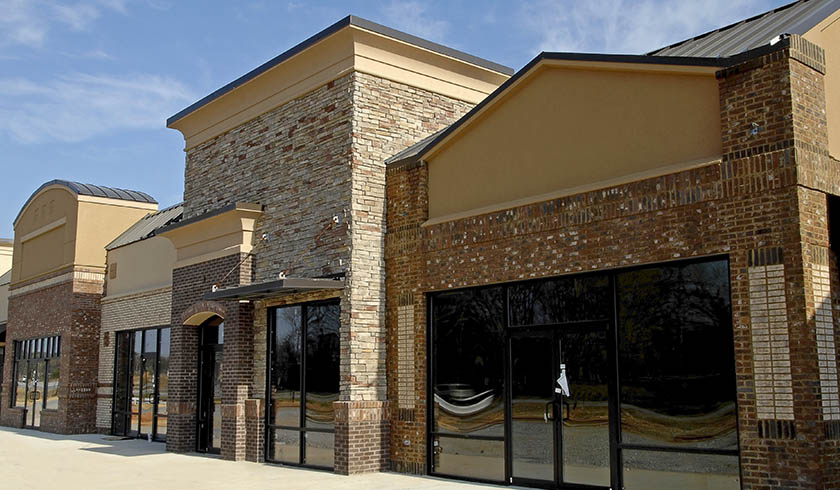How COVID-19 is set to accelerate change in commercial property
The shift to online shopping and working from home will reduce demand for retail and office space, with widespread implications expected for the commercial property market, a new Moody’s report has revealed.

As the COVID-19 crisis accelerates changes in consumer and worker preferences, Moody’s Investors Service is predicting several major changes on the commercial property front in the Asia Pacific region.
Adapting to health and safety concerns
According to Moody’s latest report, commercial landlords will be required to adapt to heightened health and safety concerns, as the overall demand for retail and prime office space drops.
With actors such as population density, shopping habits and work cultures set to determine the pace of change in the commercial property market, social risks such as health and safety are set to become of heightened concern for investors.
As employers and retailers adjust their physical spaces, processes and information-technology in response to employees’ and consumers’ changing behaviors and expectations, Moody’s believes that property investors will also be required to make certain changes.
Reduced demand and rents
As the shift to online shopping accelerates, retail space consolidation is tipped to reduce property investors’ revenue and cash flow predictability, as well as increase their operating costs as IT becomes a must.
Retailers are also expected to negotiate for shorter leases in the more competitive environment. This, Moody’s noted, will mean rental cash flow will become more volatile.
For example, several leading retail real estate investment trusts (REITs) in Australia recorded significant rental waivers and provisions in the first half of 2020, when the pandemic broke out, which materially lowered their net property income.
Shift to online consumption of goods and services
The proportion of online retail sales as a percentage of total retail sales nearly doubled in Australia in 2020 to above 10 per cent, according to Moody’s data.
This trend has accelerated the exit of some high-profile retail brands from the Asia Pacific region.
But Moody’s also recognised a positive trend, with the shift to online shopping upping demand for fulfillment centres, a move considered a credit positive for industrial and logistics property companies.
In Australia, this increased demand is illustrated by the converging capitalisation rates of industrial and retail assets, signalling that industrial asset values are catching up to retail assets.
Reduced office rents, shorten lease durations
As with retail, flexible work arrangements are tipped to reduce office rents and shorten lease durations as companies seek greater flexibility and adjust long-tenure leases.
Office rents in certain Asia Pacific markets are expected to decline as more employees work from home or adopt flexible work arrangements, thereby reducing demand for office space, particularly in central business districts.
As in the retail sector, declining rents and less rented space will reduce office property investors’ revenue and cash flow.
As companies seek greater flexibility to adjust office space, Moody’s expects long-tenure leases to become less popular. This is tipped to hurt office property investors, which have generated stable recurring cash flow from their long-weighted average lease expiries.
According to Moody’s, working from home and flexible work arrangements will likely be a long-term norm even when the pandemic is brought under control.

